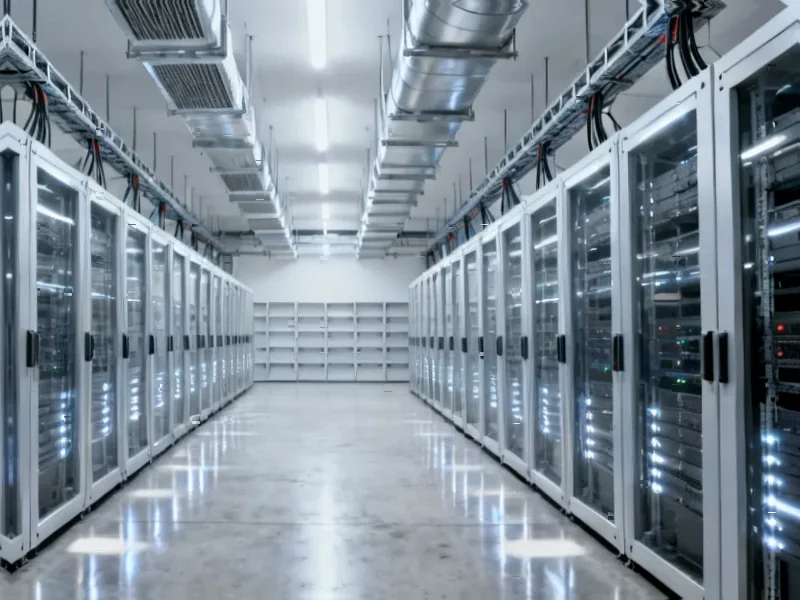According to Android Authority, Google CEO Sundar Pichai just dropped a sobering warning about the AI investment frenzy during an interview at Google’s California headquarters. He directly compared today’s AI market to the 1990s dot-com boom, when internet startup investments reached unsustainable levels before crashing spectacularly. Pichai acknowledged there’s “clearly a lot of excess investment” happening right now in AI companies. But here’s the kicker: he stated flatly that “no company is going to be immune” when the AI bubble inevitably bursts. The Google CEO made it clear he still believes AI technology itself is profoundly important, just like the internet proved to be after the dot-com crash wiped out trillions in market value and cost tens of thousands of tech jobs.
Pichai’s Dot-Com Déjà Vu
What’s fascinating here is that Pichai isn’t some outside critic – he’s running one of the companies pouring billions into AI development. For him to publicly acknowledge the bubble dynamics shows how obvious the parallels have become. Remember the late 90s? Companies with “.com” in their name saw valuations skyrocket regardless of actual business fundamentals. Sound familiar? Today we’ve got AI startups raising hundreds of millions with little more than a technical paper and some hype. The difference this time? The underlying technology actually works and is being deployed at scale. But that doesn’t mean the investment mania is any more rational.
Who’s Most Exposed?
When Pichai says “no company is going to be immune,” he’s probably thinking about his own house first. Google‘s parent Alphabet has bet heavily on AI across search, cloud, and their Gemini models. Microsoft’s entire “AI-first” strategy depends on continued adoption. And then there are the pure-play AI companies whose valuations assume hockey-stick growth forever. The scary part? We’re already seeing early warning signs – AI chip companies missing revenue targets, enterprise customers pushing back on AI service costs, and that creeping realization that implementing AI at scale is harder than the demos suggest. Basically, the bill is coming due for all that venture capital poured into AI over the past three years.
The Long Game
Here’s the thing though: Pichai’s comparison to the dot-com era contains the silver lining. The internet bubble bursting didn’t mean the internet disappeared – it just meant the hype detached from reality. The companies building actual sustainable businesses (Amazon, Google itself) survived and thrived. The same will probably happen with AI. The technology isn’t going away, but the market will separate the real innovations from the vaporware. For businesses looking to implement practical AI solutions, this might actually be good news. When the bubble pops, the focus shifts from flashy demos to reliable industrial computing platforms that actually deliver value. Companies that provide robust, enterprise-grade hardware will likely emerge as the steady winners while the hype cycle resets.
Reality Check Time
So what does this mean for the rest of us watching from the sidelines? Pichai’s comments feel like a reality check from someone who’s been through this movie before. The dot-com crash was brutal, but it ultimately made the tech industry stronger and more focused. The same cleansing effect might be exactly what the AI space needs right now. Too much money chasing too few practical applications? Check. Irrational valuations based on future promises rather than current results? Check. The question isn’t whether the bubble will burst – it’s who will still be standing when it does. And if Google’s CEO is worried, maybe we should all be paying closer attention to which AI investments actually make business sense versus which are just riding the hype wave.




